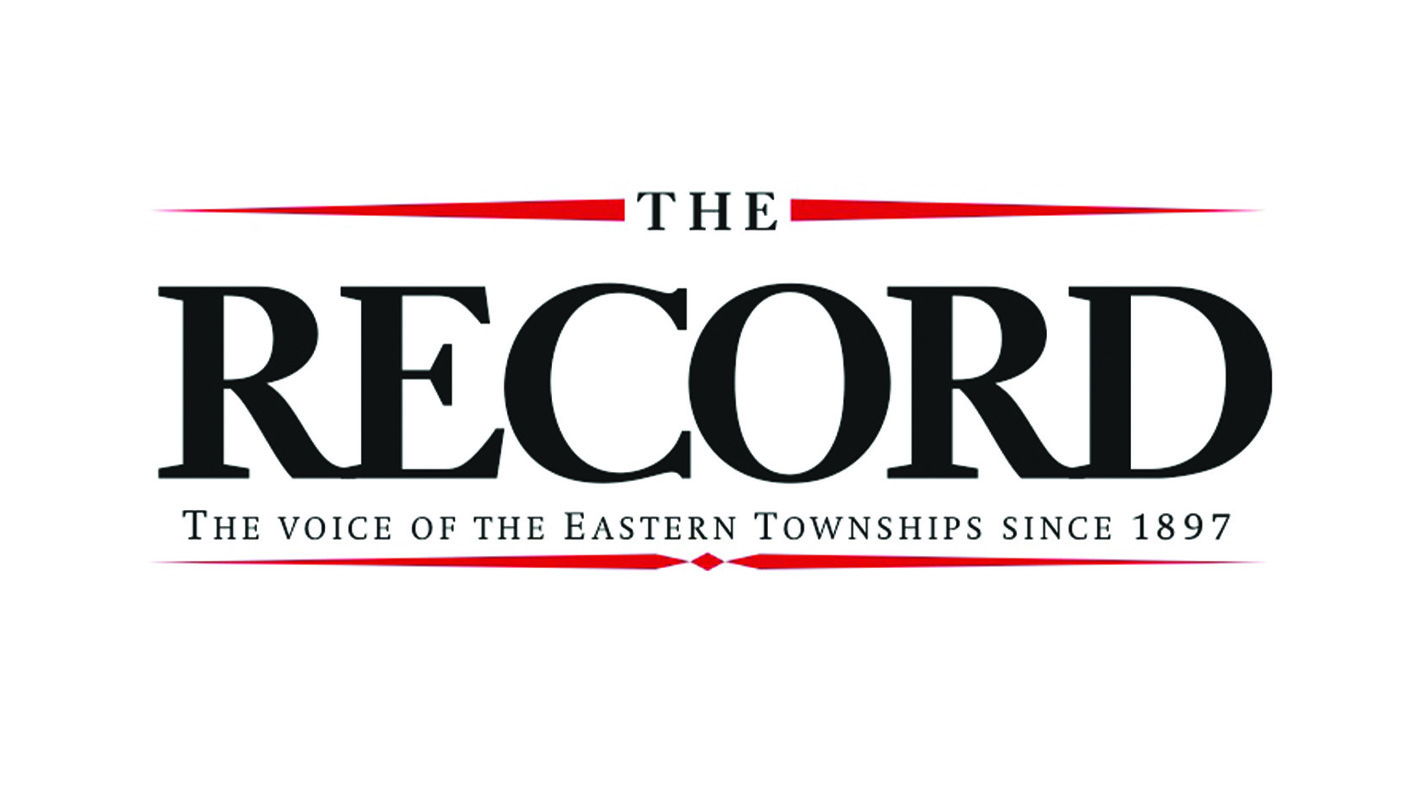By William Crooks
Local Journalism Initiative
Dr. Robert Edward Whitley, of McGill University’s psychiatry department, has shed light on a compelling correlation in a Dec. 20 interview: the more religious individuals are, the better their mental health tends to be. Supported by an array of studies, Whitley’s research reveals a moderate yet positive relationship across various religious practices and mental well-being, pointing to the nuanced yet significant role faith plays in psychological health. This groundbreaking research not only navigates the complexities of religiosity and atheism but also highlights the potential of Eastern religious practices like yoga and meditation in improving mental health outcomes. As societies grapple with the implications of faith and well-being, Whitley’s empirical findings offer a nuanced perspective on the ancient debate surrounding the impact of spirituality on mental health.
“The more religious people tend to be, the better their mental health,” Whitley said; a proposition supported by numerous studies. He noted that “religiosity” can be measured systematically using criteria such as how often one attends a place of worship, engages in prayer, and reads or meditates upon sacred texts. Mental health is measured using criteria including symptoms of depression, anxiety, and other markers of wellbeing. A “moderate” positive relationship between the two has been shown across many different religions.
Most studies have been done using Christian samples, the minority using Jewish and Muslim samples. Lower rates of suicide and substance abuse have been shown to correlate with the religiosity of countries regardless of religion.
“It’s not a perfect linear relationship between complete atheism and very devout religion,” Whitley explained, “in fact, it’s more complex than that.” In the surveys used in these studies, there is a category called the “nones”. “Nones” are those who check “none of the above” when they are asked if they are a particular religion or spiritual at all. This metric “mixes in” hardcore atheists and agnostics, those who are “not quite sure” but do not practice.






